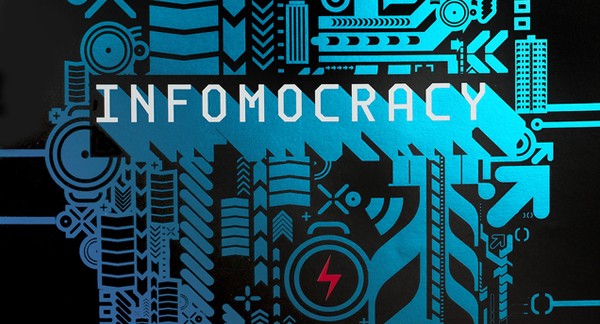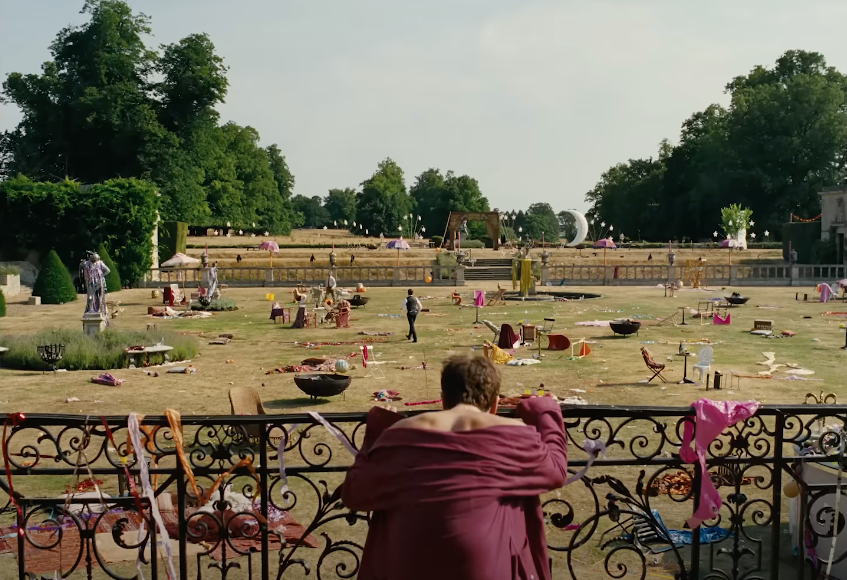news
Science Says If You Read Books You’ll Earn More Money

by Nick Politan

As readers, we like to think that literature has this higher calling, that it is transportive to the nth degree, that it — cue existential slow jamz — massages the brain into a deep empathy and thus makes us better people. Well, we can add another positive to the list! A new study has delineated the long-term financial payoff from childhood reading. The study — pulling from 5,280 men from Austria, Belgium, the Czech Republic, Denmark, France, Germany, Italy, the Netherlands and Sweden all of whom were born between the years 1920 and 1956 — indicates that those who read at least 10 non-compulsory-school-reading books ended up with 21% more income. The study also concluded, however, that after this number of books (10), there was no significant correlation between higher numbers of freely read books and higher additional incomes. 10 seemed to be the (relatively arbitrary) correlative cap.
On the bottom-line Capitalist value of books, Quartz has published an article running some quotes from one of the lead researchers on the study, Guglielmo Weber. Weber, like the study, boils literature down to lowest-common-financial denominators, not getting much further than the presence of books in a household as an indication of “families with stronger cultural and socioeconomic backgrounds.” He goes on, “Even nowadays, books capture something” (my emphasis). This is part of the problem: can “books” not be something(s) — at least for a reader — positively stripped of their economic jackets? That we don’t anticipate a paycheck at the end of a novel should be something intuitive; do we not get enough from the words alone?
Finally, too often in mass popular culture, we do exactly this: we throw around “books” as a huge unnamed thing. Books are wonderful; they are multivarious; they have genres and names and, if we are lucky, resist and challenge and blur those genres and names. I wonder what a long-term-earnings study of those who read Maggie Nelson, for instance, would illuminate for us.
But then again, of course, I do not wonder.









